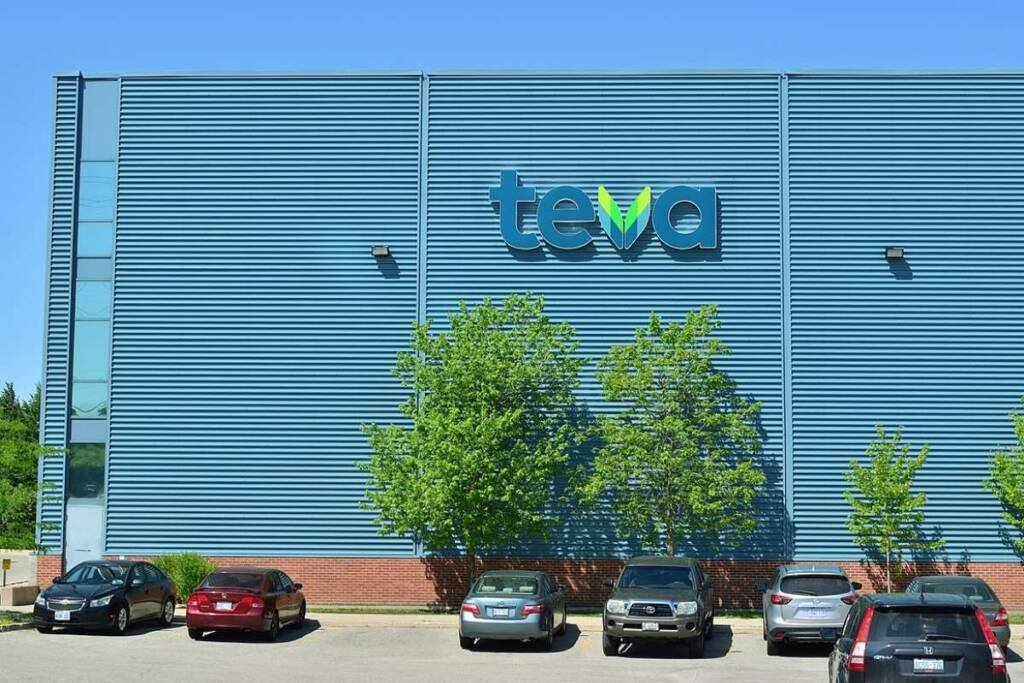Source – Teva Pharmaceuticals
Following the second FDA rejection of Teva’s Alvotech-partnered biosimilar for Humira, the two companies are expanding their collaboration and making strategic moves to strengthen their long-term partnership. Teva, a major generics giant, is taking on a more active role in the collaboration by increasing its involvement in manufacturing and providing financial support to Alvotech, its partner.
As part of the expanded partnership announced recently, Teva and Alvotech will be adding two more biosimilar candidates to their joint efforts, bringing the total number of biosimilar candidates in their collaboration to seven. These biosimilars are targeted towards branded drugs that generate substantial sales in the US market each year.
Under the new arrangement, Teva will handle the commercialization of all the biosimilar medications in the United States, while Alvotech will be responsible for the development and supply aspects. Teva is also strengthening its presence at Alvotech’s manufacturing site in Iceland, actively supporting the company on-site to prepare for an FDA inspection, after previous deficiencies were flagged during an inspection in 2022.
To further support Alvotech’s ongoing biosimilar pipeline development, Teva will invest $40 million in acquiring subordinated convertible bonds issued by Alvotech. This financial injection will aid Alvotech in their continued efforts to develop and advance their biosimilar candidates.
The setback for the Humira biosimilar occurred in April when the FDA issued a complete response letter after identifying deficiencies at Alvotech’s manufacturing plant in Reykjavik, Iceland. Although the issue of mold contamination was resolved during a subsequent inspection, the FDA cited other quality issues, inadequate written records, and problems with incoming stoppers and computer controls, among other issues.
Due to the recent FDA rejection in late June, the anticipated July 1 launch of the Humira biosimilar was postponed. Alvotech plans to resubmit its application following an expected reinspection. However, this delay has prompted the company to explore options for raising additional capital to sustain its pipeline development efforts.





























